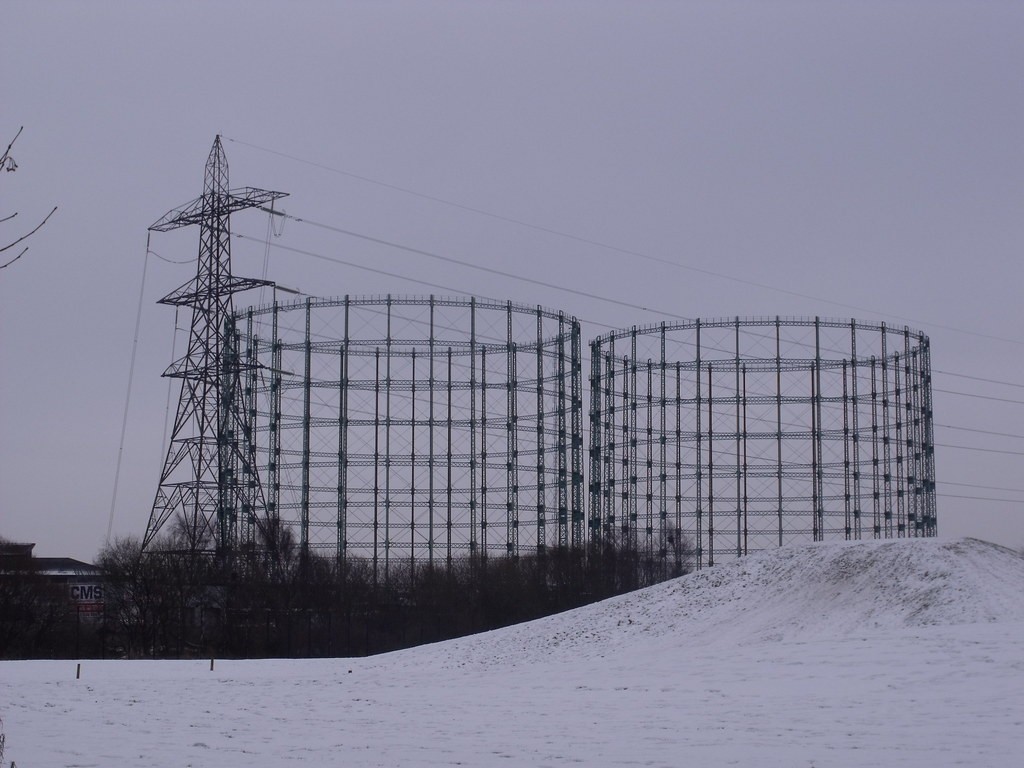Despite flagging retail numbers, continuing wage stagnation, and middling growth projections, the economy is allegedly running hot. Inflation is back in the headlines, which unfortunately means that it has inevitably become the scapegoat for poor planning, policy failures, and political mismanagement.
Boris Johnson is blaming inflation for the incoming “unaffordable” increase in energy bills to immiserate British households – that is, Boris Johnson is blaming an increase in prices for an increase in prices. Much as a good doctor ought not to blame a cough for a cough, it is important to look for the cause, not the symptom, of economic difficulty, and understand why it is being hidden from us with this pseudo-economic handwaving.
Though it may seem a heterodox claim, there’s basically no risk of the kind of inflation as most of us probably learned about it in GCSE History – we’re not about to lose control of our metaphorical Ruhr. With many credible economists insisting on a transitory price boost, and some instances of inflation being simply reflective of a reflex from serious deflationary instances.
From the CPI calculations used for headline inflation reports, we can see that the major statistic of 5% inflation is being driven by “transport” (read: used car sales, see: computer chip shortages) and “housing and household services” (read: energy prices), both of which we can verify by an increase across the board in similar sectors in the European Union – with used car sales also being a serious driver of inflation in the USA.
There’s no overheating – unfortunately quite the opposite in the homes of many. Wholesale energy prices to Europe are at an historic high, and it is this cost that is driving inflation figures (and the cost of selling off our reserve capacity for short term treasury balances), not the cost of the furlough scheme, not the cost of free lateral flow tests, and not the cost of basic healthcare requirements in a pandemic. Anyone who is claiming the opposite is simply politically opposed to the above policies.
Labour’s approach to the energy crisis confuses genuine economic competence with media-led macroeconomic fearmongering. Afraid to lead from the front and demand popular policies such as nationalisation with a threaded political argument around, for example, security of a state owned energy company, prosperity of the nation by no longer being extorted via profit-seekers, and respect of not having to choose between heating and eating, Labour are taking a soft-touch approach to a hardball playing energy sector. With Rachel Reeves at the media forefront, not-so-newly “economically competent” Labour are arguing for a VAT cut on household energy supplies. This is good policy that rebalances the burden of Conservative economic mismanagement away from British households’ balance sheets (albeit an average saving of an anaemic £100 a year) and toward the infinitely manageable balance sheet of Her Majesty’s Treasury. But this policy doesn’t go nearly far enough – nothing short of a full scale nationalisation, to initiate profit depression and price controls really can due to the scale of the issue.
However, we should congratulate Labour for not simply saying, as it historically has done, that the solution to high prices on the front end is high taxes on the back end. These sorts of policies mean nothing to consumers, even potentially increasing their prices from firms already teetering on insolvency. A provision-first policy basis does far more for alleviating the material conditions that mean the difference between heating and eating this year for thousands.
It’s clear the left should be very careful playing the inflation game, whether that’s following the Tories in fear mongering about the huge spending required for public safety (yes, even when your answer is more taxes), or indeed quoting the Institute for Fiscal Studies in the Morning Star, and instead take a more critical look at shorthand and reductive measurements, taking seriously the words of Tankus & Grey – “Preventing shortages is after all what demand management is first and foremost about and price indices are misleading policy targets when they include factors that are insensitive to demand and would be counterproductive to manage with demand.” Otherwise, we may be winning our opponents’ arguments for them.


